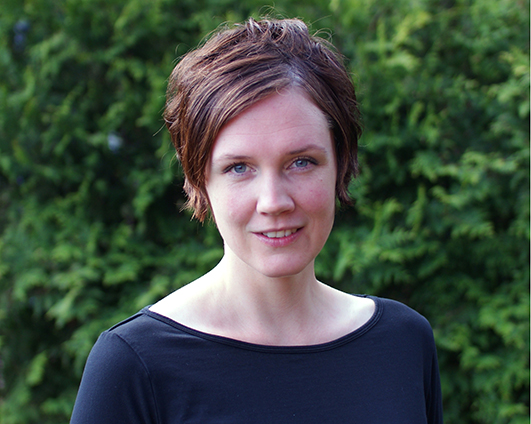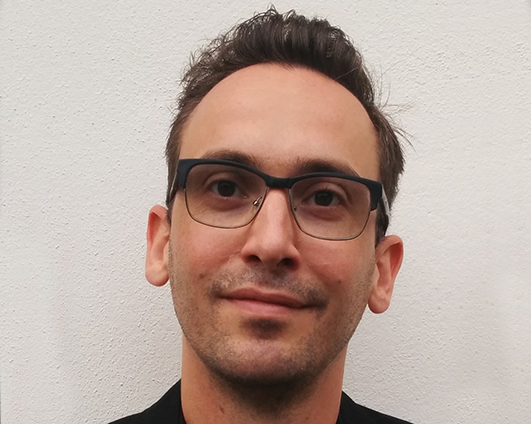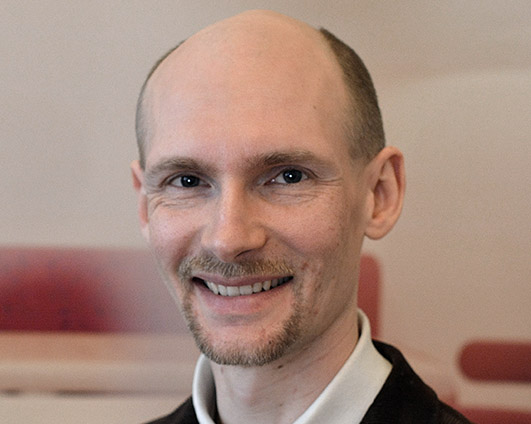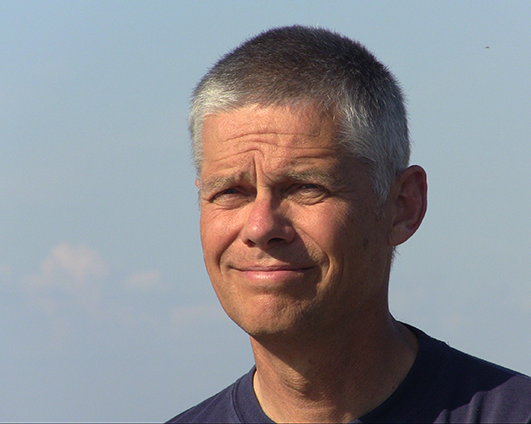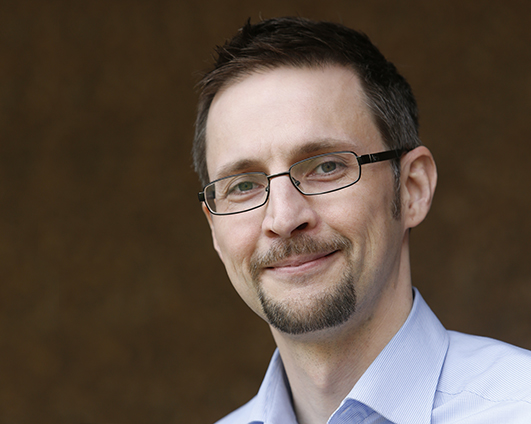Day 3 – Research and education
The digitalization of learning is one of the last major areas of life that is getting revolutionized by digital solutions. Longer term achievement of real learning results will make it necessary to introduce analytics based on the accumulation of personal learning data. Such data needs to be carefully managed.
Fun Learning is a learning philosophy that combines a solid pedagogic approach with experience from the computer games industry in how to engage kids, and keep them motivated for extended periods. The introduction of game mechanics into learning platforms will help hook the kids into the actual learning content. Data security is made even more serious as the users are underaged.
LifeLearn Platform is a hyperscalable platform startup for learners of all ages. It will collect detailed information on people’s study histories, skill profiles, social graphs, activities around learning new skills, and actual behaviour with learning content. As this data can be quite intimate and even sensitive, MyData is seen as a way of building trust.
Imagine having all your education records easily and digitally available and ready for use wherever you need them. Various national and international, public and private organisations manage your personal education data in their own ways and scattered across several locations. Finnish higher education institutions’ key data has been collected into a national data warehouse, VIRTA, to support authoritative data flows and reporting. The next step is to open the data for learners’ personal use.
Modern research careers rely on public records of achievements and impact. Understanding and linking the many sources of information is crucial to giving researchers control of their own career and reputation. Putting this information at the fingertips of researchers, and helping them to improve its accuracy is vital to our vision of a world of connected research. The Open Researcher and Contributor IDentifier (ORCID) uniquely identifies researchers, and connects them to their works, across their careers.
Personal health and well-being data has great potential for medical research. Combining genomics and information on individual’s health, living habits, family history etc. allows researchers to understand causes for diseases and develop personalized treatments. CSC – the Finnish IT center for science provides services for managing such sensitive data, including secure cloud-based processing environment and digitalised service for the authorization processes. Combined with user-centric authentication systems these enable the use of personal data for research and innovation in a secure and efficient manner.
Time: Day 3 – 2 – Midday (11:00-13:00) – Domains
Programme contributors: Paula Merikko (session host), Pär Andler, Josh Brown, Antti Pursula, Tarmo Toikkanen

